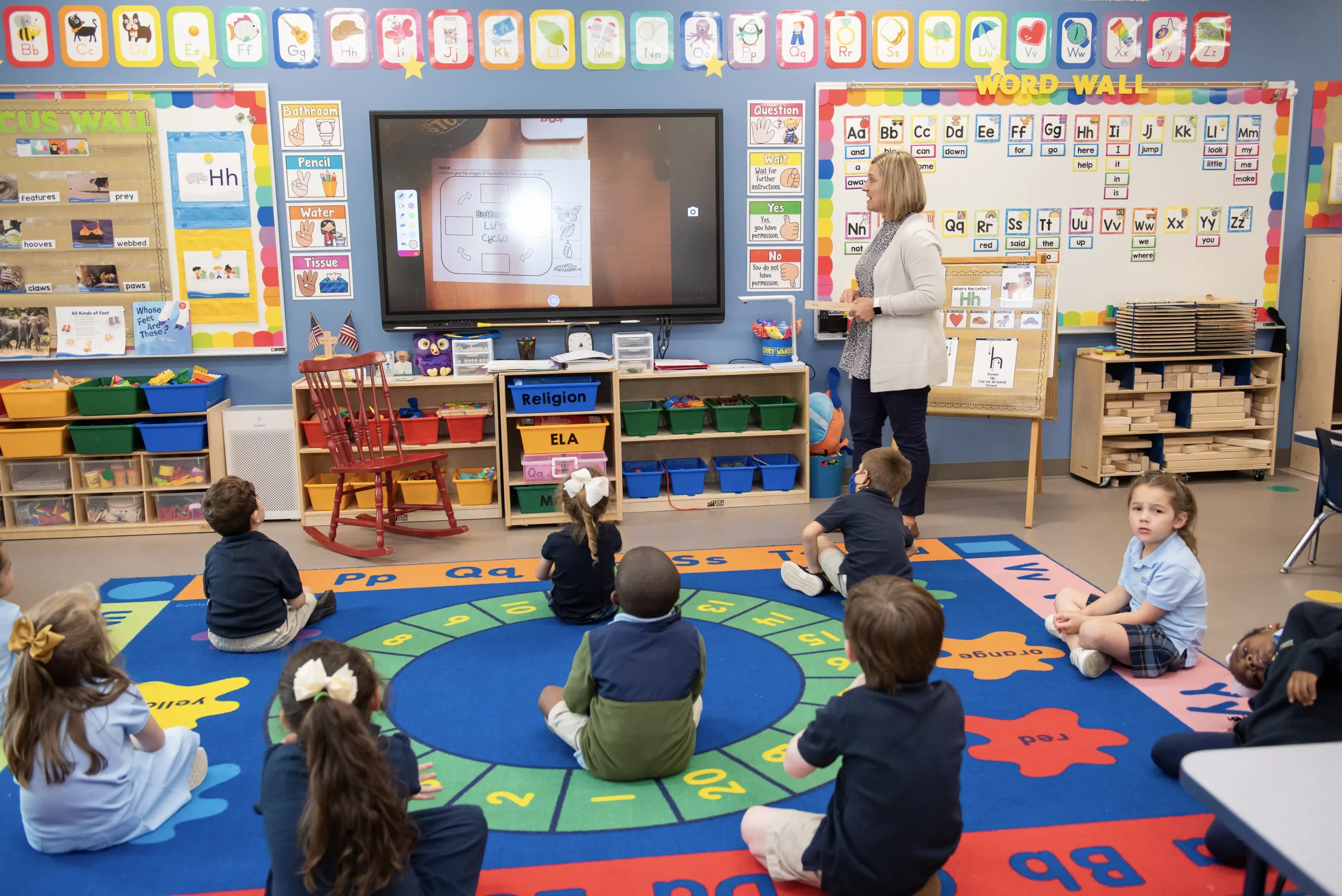Our early childhood curriculum is a balanced comprehensive curriculum that offers meaningful, developmentally appropriate instruction in the areas of Language and Literacy, Math, Science, Social Studies and Social Emotional Development.
Our program provides a rich classroom environment where children are encouraged to explore and are challenged to learn though playful, purposeful, and personalized instruction.
